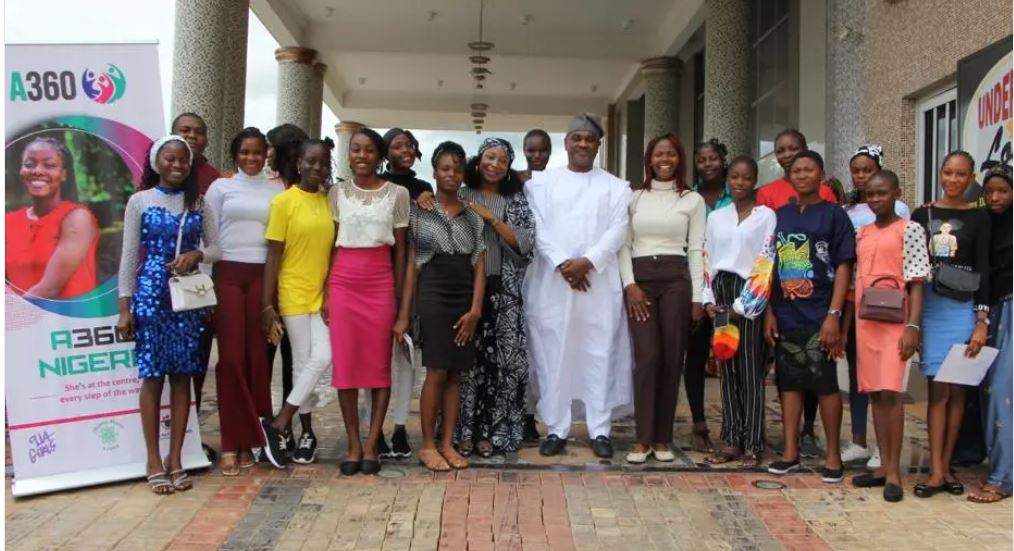|
The Director of Adolescent 360, A360 Project, Roselyn Odeh, has stated that beyond educating young females on sexual reproductive health, efforts should be made to expose them to financial literacy. The initiative, implemented by the Society for Family Health, SFH, in partnership with Royal Heritage Health Foundation, RHHF, in Ogun State, ran in batches that took a girl approximately 3-4 months to complete and had girls enrolled on a rolling basis.
According to Odeh, the long-term impact of the program was for adolescent girls to have improved agency and financial resources to lead the lives they desire and for them to have the ability to make informed decisions that involve the control and allocation of resources, financial independence and establishment of a sustainable business. Her words: ” This programme has impacted 853 girls in the following areas: goal-setting moments, financial upskilling sessions, vocational skills-building activities, mentorship programs, empowerment collectives (savings groups), and community events (marketplace) where the girls are celebrated, certified and allowed to showcase their newly acquired skills”. “Girls are being recognized as serious economic actors in the community. The graduation moment provides a chance for girls to be recognized formally for their contributions. For instance, while girls’ savings groups serve as a way to keep the girls connected, the motivations for girls’ goals include having financial independence, pursuing a career or furthering their education, starting or growing a business, and financial preparedness in terms of ability to support themselves and sometimes their family. “Skills acquisition is one of the most popular components of the program as girls understand the importance of having a skill and how it can transcend into financial stability for them in the future.” A360 coordinator explained. She added that SFH implemented and evaluated an economic strengthening pilot test on A360’s SRH programming designed to improve adolescent girls’ economic and health outcomes. And which anticipated outcomes included adolescent girls (aged 15-19) having the knowledge, agency, and support to pursue economic autonomy; and adolescent girls (aged 15-19) being equipped with adequate knowledge to make informed decision in life. Source: Vanguard
0 Comments
Leave a Reply. |
